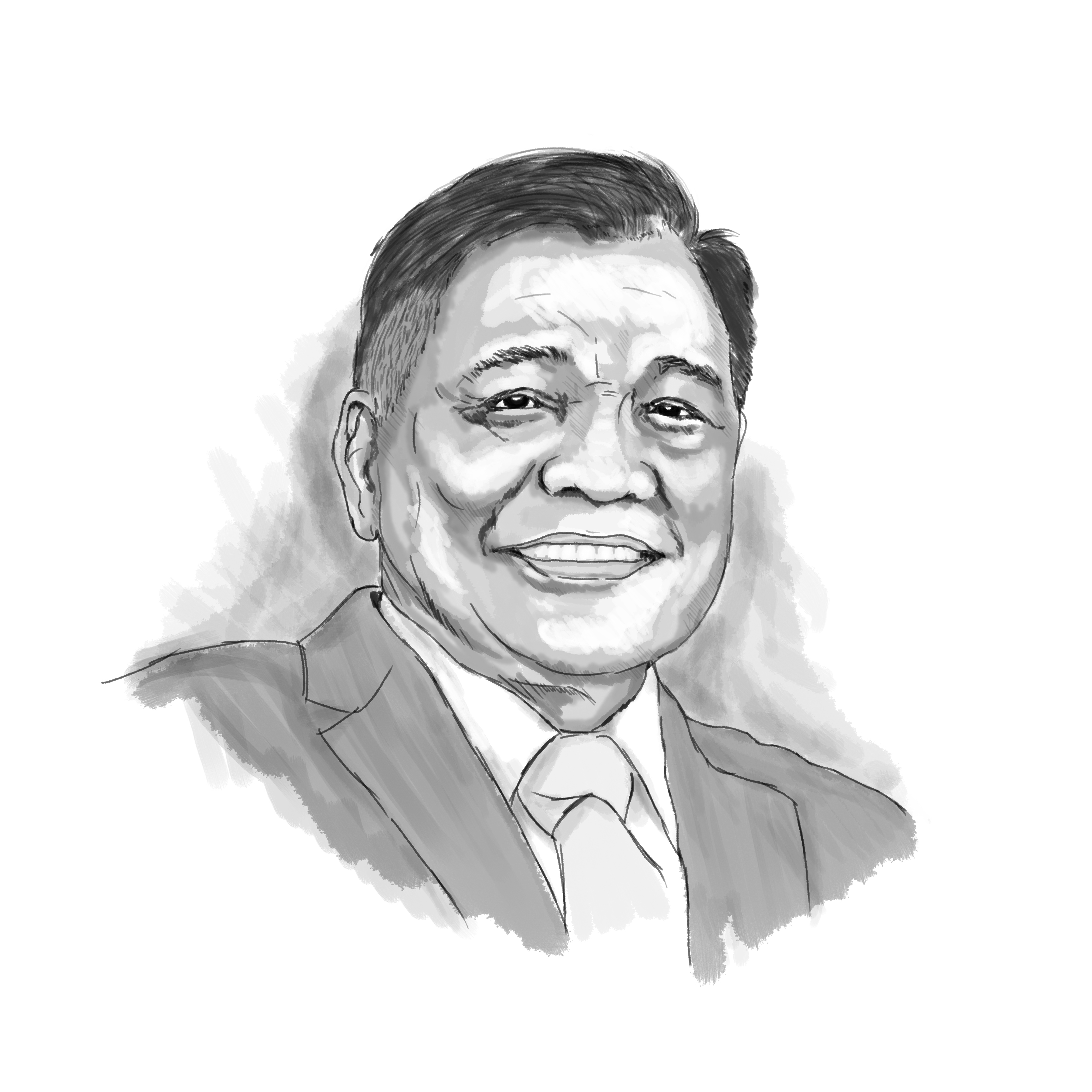FINDING ANSWER

As the nation commemorates Araw ng Kagitingan, we pay tribute to the heroism of the more than 60,000 Filipinos who fought side by side with American soldiers against Japanese invading forces in the Bataan peninsula 82 years ago.
And because it’s also Philippine Veterans Week (April 5 to April 11), we honor our war veterans whose bravery and sacrifices shall never be forgotten by freedom-loving Filipinos.
Indeed, as stated in Proclamation 466 declaring the period every year to honor our veterans, “it is desirable to promote, preserve and memorialize the principles, ideals and deeds of the Filipino war veteran as a means to enhance patriotism and love of country, especially among the youth of the land.”
Love of country was certainly enhanced in me and my 11 siblings by our foremost war hero and veteran, 2nd Lt. Jose S. Lina Sr., our beloved late father.
In 2022, my late father and namesake was honored by the defense department led by then Defense Secretary Delfin Lorenzana at the inauguration of the 2nd Lieutenant Jose S. Lina Sr. Digitization Center that was set up to digitize documents and ensure records are preserved to “improve the overall process in verifying the identities of veterans which is critical in administering benefits and pensions.”
At the center’s marker it says: “2nd Lieutenant Jose S. Lina Sr. rendered his military service by joining the resistance as part of the Mt. Sierra Regiment. The Mt. Sierra Regiment optimized the tactical use of the Sierra Madre Mountain Range and conducted various operations in Tayabas and Lucban, assisting other guerilla groups as well, such as President Quezon’s own Guerillas and the Hukbalahap against the Japanese Occupation forces.
“His life, works, and contributions make a glorious chapter in the history of the Philippines and serve as a perpetual inspiration to the youth for all generations to love and serve our country and to fight for its freedom and independence.”
For instilling in all of us, his children, the virtues of love of country, as well as discipline, hard work, and compassion for others, we are deeply thankful to our father. For bravery and patriotism in fighting Japanese invaders in WW II, for which he was honored with a US Congressional Gold Medal in 2019, our father, and also all other war veterans, certainly deserve the nation’s gratitude.
Going back to Araw ng Kagitingan, today marks what used to be called the Fall of Bataan when the Filipino and American soldiers belonging to the United States Army Forces in the Far East (USAFFE) surrendered to the Japanese Imperial Army on April 9, 1942, setting off the infamous Death March.
Starting in Mariveles, Bataan, the 76,000 Filipino and American prisoners of war were forced to march for 106 kilometers under the intense summer heat to San Fernando, Pampanga, then taken by rail in cramped boxcars to Capas, Tarlac, where they walked an additional 11 km. to Camp O’Donnell.
A historical account published in Britannica said: “During the main march—which lasted 5 to 10 days, depending on where a prisoner joined it—the captives were beaten, shot, bayoneted, and, in many cases, beheaded; a large number of those who made it to the camp later died of starvation and disease.”
A CNN article last April 2 described the suffering as recounted by survivor James Bollich. “They beat us with rifle butts, sabers, clubs, anything they could get their hands on. That went all day long. They wouldn’t let anybody have a drink of water or let us rest, and they didn’t feed us… Once anybody collapsed, the Japanese immediately killed them. It looked like they were really trying to kill us all.”
The article also narrated the accounts of other survivors in gruesome details. “We were herded into crowded boxcars like cattle getting ready for slaughterhouse… Men were fighting and struggling to keep a foothold and stand upright… The platform (of the boxcar) was a sea of filth from dysentery patients.
“We were being cooked alive in a 110-degree oven; we sweated, sizzled, urinated, defecated… I saw a few who were fainting but had not an inch to fall on… I do not know how many of my comrades died in that car, there must have been at least 10.”
Other historical accounts said only around 54,000 prisoners, out of more than 70,000, reached Camp O’Donnell. It is estimated that around 26,000 Filipinos and 1,500 Americans died in the camp due to hellish conditions. “There was little running water, sparse food, no medical care and only slit trenches along the sides of the camp for sanitation. The heat was intolerable, flies rose out of the latrines and covered the prisoners’ food.”
With all the suffering war veterans had to go through, it certainly is fitting and proper to honor their gallantry and sacrifices to attain the freedoms we now enjoy. ([email protected])